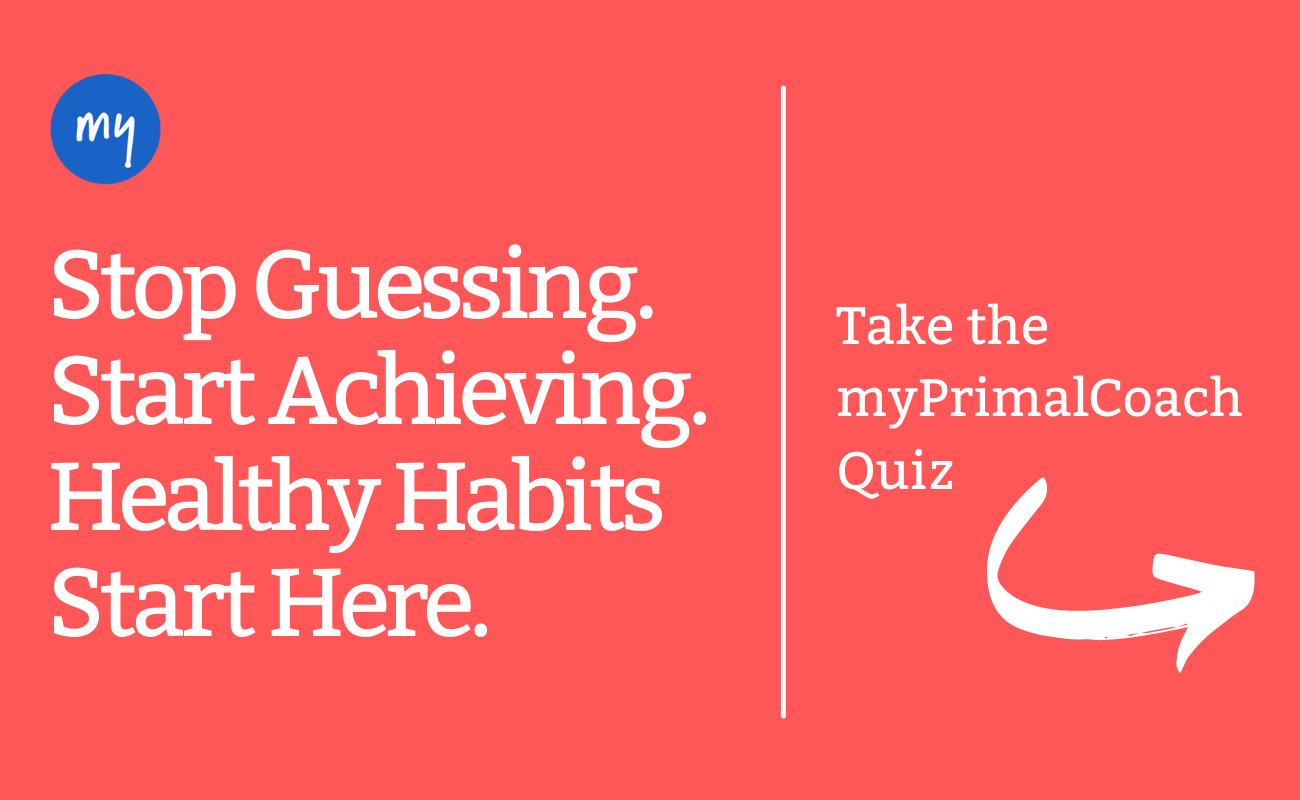If reaching for a candy bar or pint of ice cream is your go-to coping mechanism when you’re under pressure, you may be searching for solutions for how to stop stress eating sugar.
According to Scientific American, when under periods of stress, the human brain requires 12 percent more energy than usual. As glucose is our brain’s preferred source of fuel, it should come as no surprise we instinctively want to reach for sugary snacks when feeling under pressure. Studies also show that people who experience a more stressful childhood tend to have a bigger sweet tooth in adulthood.
That hankering for a cookie is just your brain searching for a reprieve from stressful situations. Blame it on biology, but stress eating sugar is a pretty common habit and we could all benefit from some tips and tricks to nip it in the bud. Before we dive into those tips, let’s first explore what stress eating is and the effect consuming sugar has on the body—and why the sweet stuff is not doing our stressed selves any favors!

What Is Stress Eating?
Stress eating, also commonly referred to with the blanket term “emotional eating”, is simply turning to food for comfort during stressful times. High sugar foods are most people’s treat of choice, and the line between emotional and physical hunger is often very blurred. What makes most people reach for sugary foods is not their hunger cues.
A 2017 study found that over half of the people surveyed overate unhealthy foods when experiencing elevated stress levels, as a way to make them feel comforted and more relaxed. This article also reported that 60-70 percent of people specifically opt for candy, chocolate, cakes and cookies during times of high stress, with their consumption of those sugary treats close to doubling during stressful times.
Unfortunately, the relief from the negative and difficult emotions and improved mood is temporary. In fact, sugary treats on a stressful day are doing more harm than good when it comes to both your physical and emotional well-being. That temporary distraction you feel when indulging your sugar cravings is not only short-lived, but it tends to fuel a never-ending emotional eating cycle solidifying the habitual connection between your emotional triggers and sugar intake.
What Sugar Does to Your Body
It’s well-known that consuming sugar offers no benefits to our health. However, the damage it does to our bodies go well beyond stalling any weight loss goals. Just how detrimental can those stress eating sugar sessions be?
The sugar we consume, is broken down to glucose by our bodies. There is a small amount of glucose found in the bloodstream at all times, approximately four grams. Our body, specifically our central nervous system, is constantly aware of the level of glucose in our blood. It works around the clock to keep that level within a tightly controlled range, because too much blood sugar is dangerous and so is too little.
For this reason, when we consume sugar and our blood sugar levels rise, our body takes immediate action to bring the levels back to that regulated range. Our pancreas will pump out a hormone, insulin, whose job it is to lower the blood glucose levels. It does so by clearing glucose from the bloodstream and storing the excess glucose in the liver and muscle, in the form of glycogen. There is however, limited space for glycogen storage in the liver and muscle. If we keep consuming large amounts of sugar without using it for energy, our bodies convert the excess glucose to triglycerides which are stored in adipose tissue (body fat).
Consuming excess sugar on a regular basis leads to large spikes in blood sugar followed by large amounts of insulin pumped out by the pancreas to remove and store the glucose. The chronically elevated glucose and insulin levels, not only leads to new fat cells and weight gain, but over time insulin resistance and metabolic syndrome.
While one obvious solution to stress eating sugar is to work on stress management. But this is much easier said than done in this day and age! A solution much more in our control is to find suitable new healthy habits and healthy eating swap-ins to turn to when faced with unpleasant emotions and emotional eating triggers.
Next, we’ll share how to stop stress eating sugar on your next difficult day, with some healthy snacks and alternative activities.
How to Stop Stress Eating Sugar With These 8 Healthy Swaps
1. Sip on a Cup of Herbal Tea
Sipping on a warm cup of tea not only offers a soothing, mindful time out, but cinnamon has been shown to maintain blood sugar levels and ward off sugar cravings. Peppermint and other sweet herbs and spices like fennel, offer all the comfort of a cuppa sweetness without the deleterious effects of refined sugar and junk food.
2. Fats Will Fill You Up
Fat makes food taste good and is extremely satiating. Most people find it next to impossible to binge eat fatty foods. A spoonful of unsweetened nut butter, or a few bites of any other healthy fats, just may stop any stress eating of sugar in its tracks.
3. Would You Eat a Hard Boiled Egg?
A great way to test if you’re truly hungry, or if you’re reaching for sugary snack as a coping mechanism, is to ask yourself, “Does a hard boiled egg sound good to me right now?” If it doesn’t sound as tempting as a specific comfort food you have in mind, odds are you’re probably not that hungry.
4. Pop Some Berries in the Freezer
Nature gave us all the dessert we need. Berries, such as blueberries, strawberries, blackberries, and raspberries, are lower in sugar than other fruits and chock full of antioxidants and fiber, which helps keep you full. Having a stash of berries tucked away in the freezer that you can snack on when a sweet craving hits, will slow you down and encourage mindful eating and presence.
5. Savor Some Dark Chocolate
The higher the chocolate percentage, the lower the sugar content. Aim for upwards of 75 percent to get your fix. Not only does savoring a square or two of dark chocolate feel indulgent and satisfying, the magnesium content may offer a dose of relaxation and stress relief.
6. Grab a Glass of Water
Sometimes a simple glass of water can have a big impact on your sugar cravings. A study published in Physiology & Behavior in 2008 found that 62 percent of the time people respond to thirst cues with eating. In other words, they were thirsty—not hungry. Next time your psychological stress levels are high and you’re tempted to raid the pantry for a sweet treat, try sipping a glass of water first to combat those intense cravings for tempting foods. Odds are they are probably not a real hunger cue.
7. Go for a Walk
Next time you’re experiencing acute or chronic stress, try taking a brisk walk. Walking for just 15 minutes can help help combat your negative emotions, and curb your sugar cravings.
8. Brush Your Teeth
While it may not sound as enticing as sinking your teeth into a spoonful of ice cream, your dentist will surely thank you. Taking a minute to pause and make your mouth minty fresh may help squash any sugar monster attacks.
Summary
It is believed Benjamin Franklin can be credited with the famous saying, “Nothing is certain except for death and taxes.” We may as well add stress and sugar to that list as being just as certain and unavoidable. It’s been found that, while direct physical threats to our safety are linked to a lack of appetite, common mild daily life and social stressors trigger overeating in people. Being an emotional eater or on a restrictive diet increases this risk.
Hopefully it is reassuring and comforting to learn it’s biology and not a lack of self-discipline or self-control. And the good news is that there are some easy swaps and tricks you can try to help mitigate the cravings and any damage from excessive sugar intake.
If you would like further guidance on how to stop stress eating sugar, a myPrimalCoach is ready to help you.

